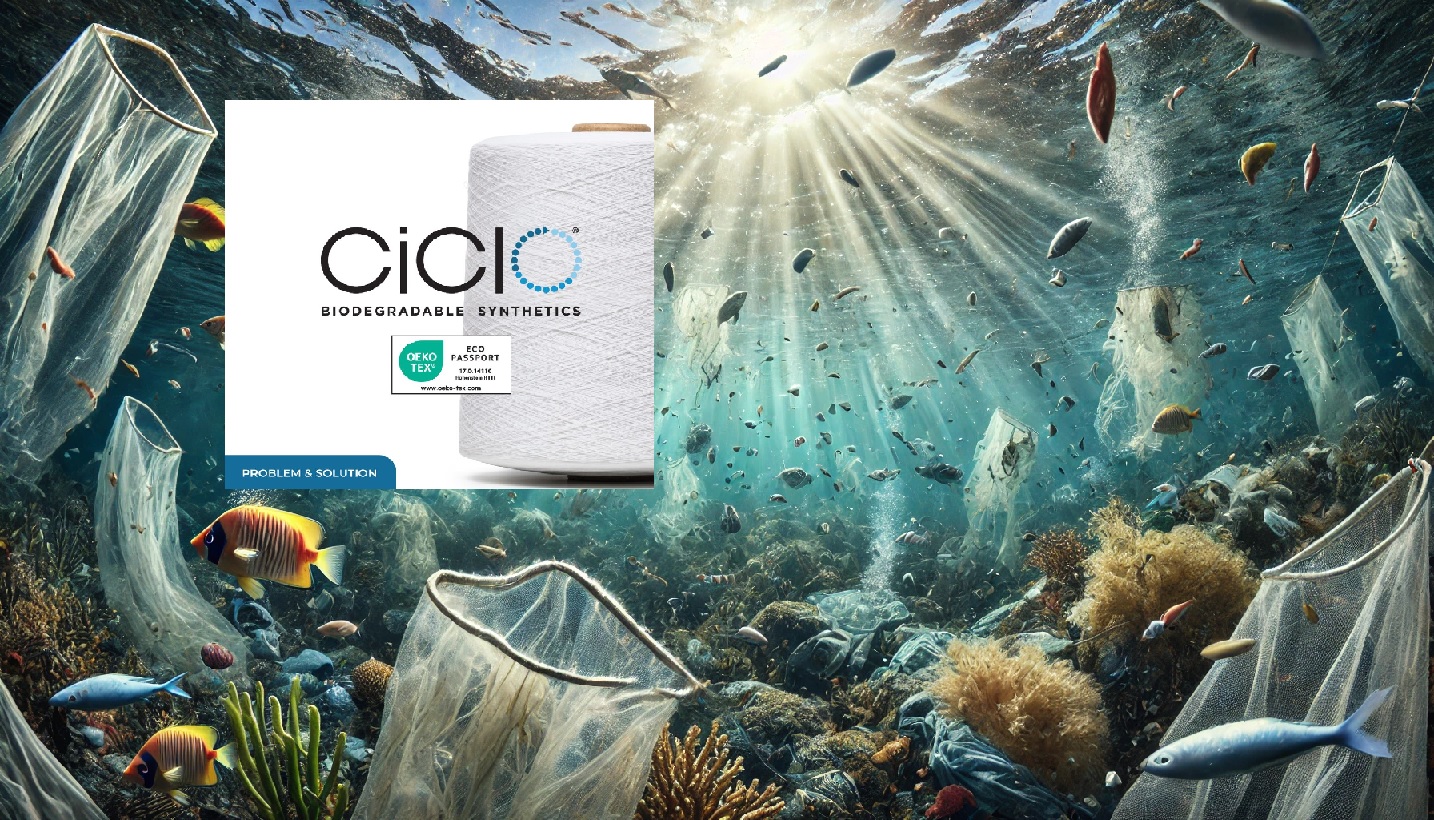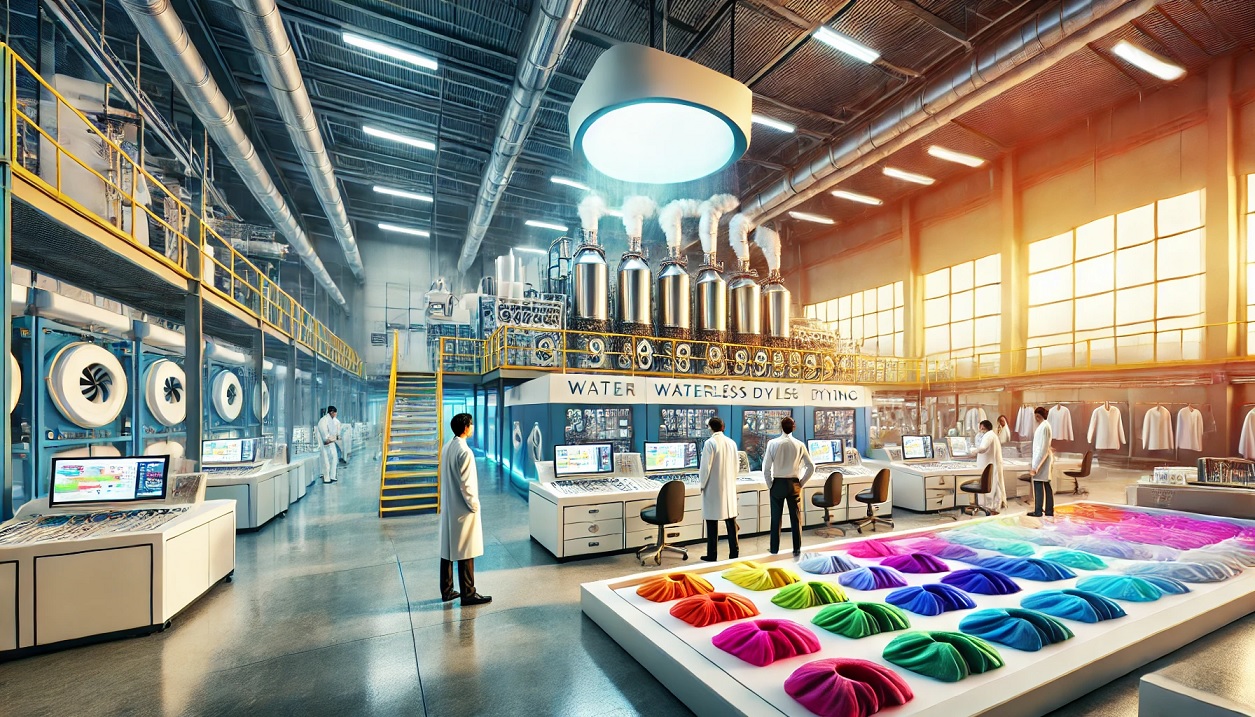The denim industry faces a significant environmental challenge: the toxic effects of aniline in wastewater. This chemical, prevalent in traditional denim dyeing processes, poses a dire threat to aquatic life and ecosystem health. Recognized as a toxic substance, aniline contaminates waterways, contributing to a larger ecological crisis.
The Problem: Aniline in Denim Production
In the production of standard synthetic indigo, a component called aniline is used, which binds to the indigo pigment. However, not all aniline binds completely, resulting in its presence in wastewater from the dyeing and washing processes. The environmental impact is severe. Two-thirds of this aniline waste ends up in our oceans and rivers, threatening aquatic life and disrupting ecosystems.
The Urgency for Change
The consequences of untreated aniline discharge are not just a threat to marine life. They also pose broader environmental risks, including potential harm to human health. The denim industry, as a major contributor to fashion pollution, is under increasing pressure to adopt more sustainable practices. This necessity becomes even more urgent as consumers grow more environmentally conscious, demanding sustainable and ethically produced clothing.
A Solution: DENISOL® PURE INDIGO 30
In response to this pressing issue, Archroma, a leader in specialty chemicals, in collaboration with innovative partners such as G-Star RAW and Advance Denim, has pioneered DENISOL® PURE INDIGO 30. This groundbreaking 30% pre-reduced indigo solution enables the production of denim without the harmful aniline impurities.
Efficient and Sustainable
DENISOL® PURE INDIGO 30 is not only easy to use but also significantly cuts down the water needed for denim preparation, washing, and wastewater treatment. It minimizes hazardous chemical use and maintains the high quality and authentic deep indigo shades that denim is known for. This innovative solution proves that it is possible to combine sustainability with productivity.
Circular Denim: A Viable Future
The removal of aniline not only prevents pollution but also enhances the recyclability and reusability of denim, pushing the industry closer to a circular economy model. Umberto De Vita, Market Segment Director for Denim at Archroma, highlights, “Denim free of aniline can be more efficiently and sustainably recycled and reused, making circularity a more viable option.”
Leading by Example: G-Star RAW and Advance Denim
G-Star RAW is committed to sustainability, aiming to convert 20% of its collection to Cradle to Cradle Certified® fabrics by 2025. Their collaboration with Archroma and Advance Denim underscores their leadership in reducing pollution and enhancing the environmental friendliness of their products.
Advance Denim, with its new 100% aniline-free factory in Vietnam, sets a benchmark in sustainable production. As Amy Wang, Managing Director of Advance Denim, states, “We are proud to work with industry innovators like Archroma and G-Star RAW to pioneer cleaner denim production methods.”
Conclusion: A Call to Action
The denim industry is at a crossroads. It can continue with conventional practices or choose a sustainable path forward. The collaboration between Archroma, G-Star RAW, and Advance Denim demonstrates a successful shift toward environmentally responsible production. This initiative serves not only as a model for the denim industry but also as a beacon for broader fashion sustainability efforts, showing that change is not only necessary but achievable.
In embracing innovations like DENISOL® PURE INDIGO 30, the industry can protect our planet while still offering the high-quality, stylish denim that consumers love. The time for change is now, and it begins with making informed, sustainable choices in every link of the supply chain.



